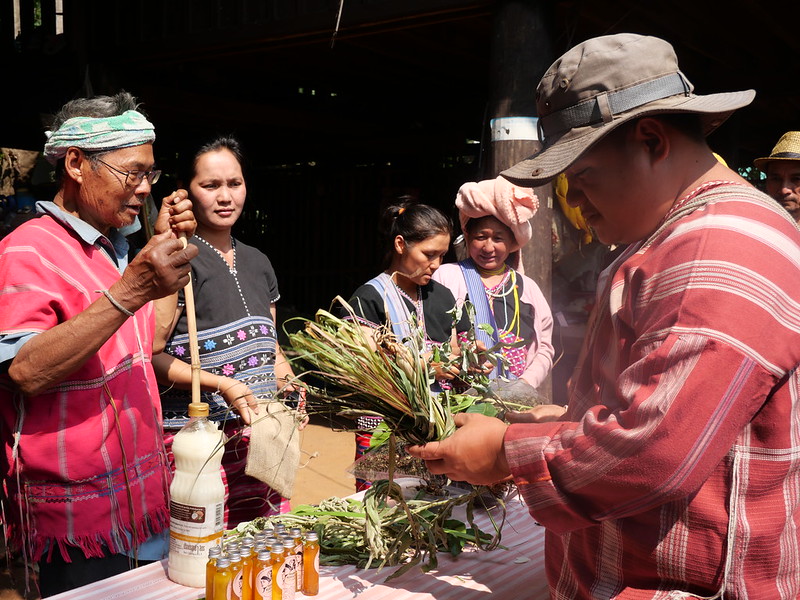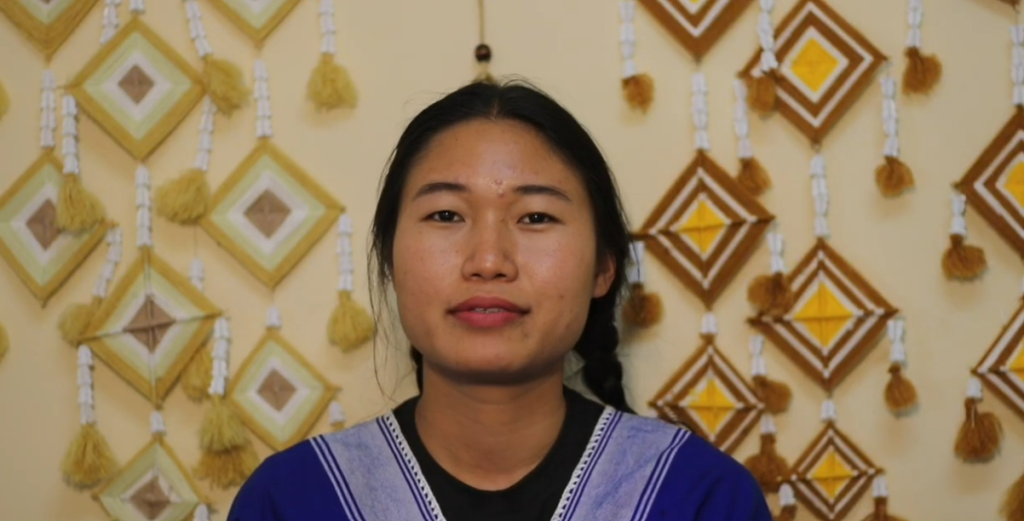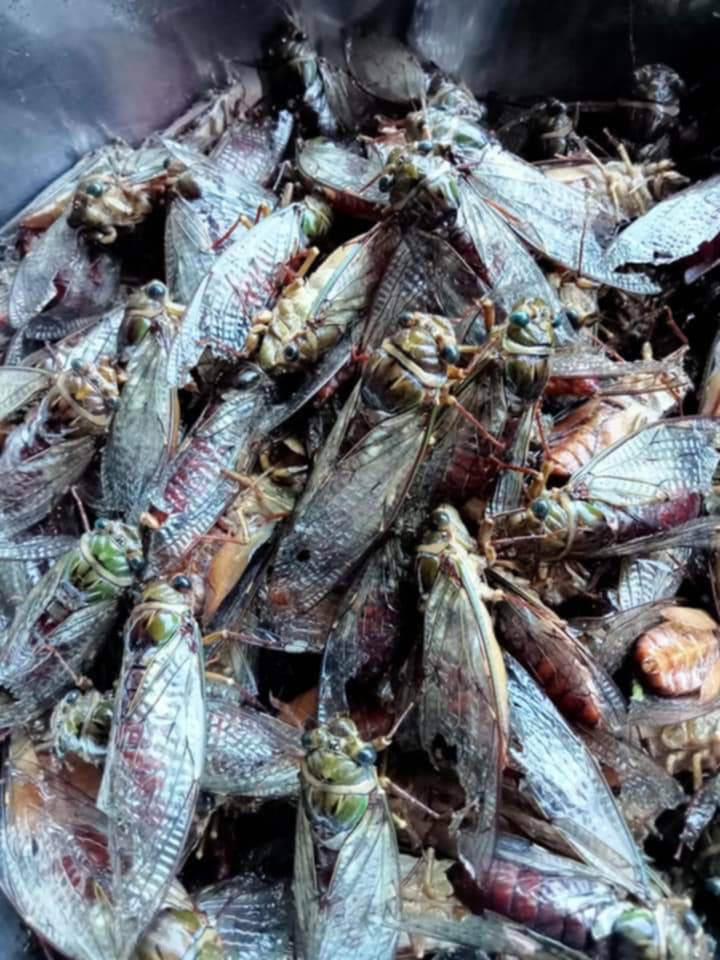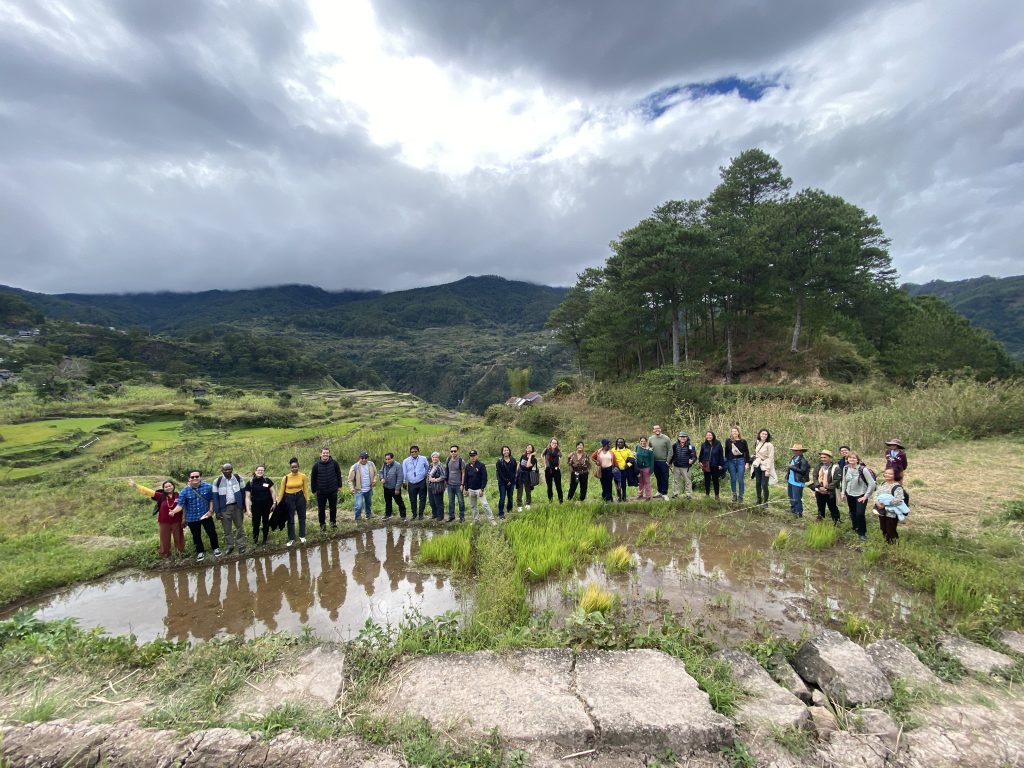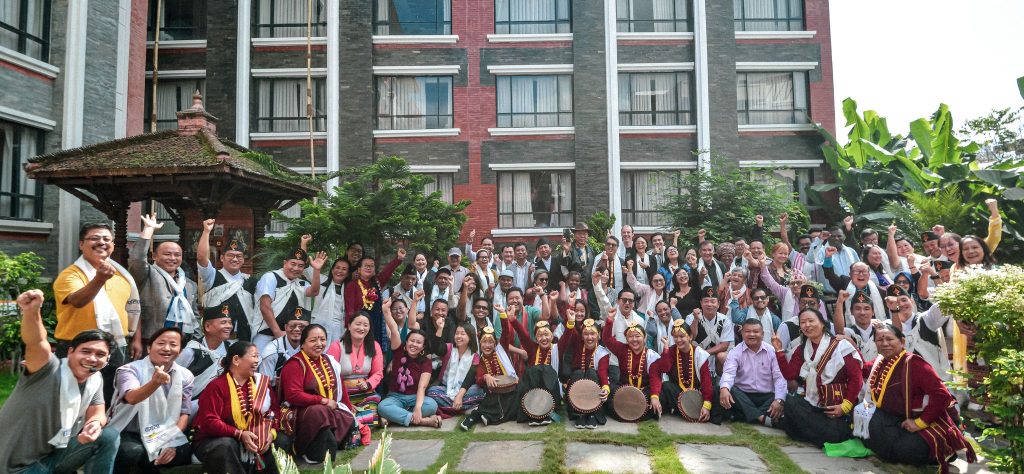In Thailand, the Transformative Pathways project is focused on generating diverse models of community-based sustainable biodiversity governance and management. This is done through a dynamic interaction between traditional knowledge and innovative agroecological approaches.
Key participants in this country’s project are 20 communities in seven river basins in four provinces in northern Thailand, including Chiang Mai and Chiang Rai.
The project in Thailand is implemented by two organisations – Pgakenyaw Association for Sustainable Development (PASD) and the Inter Mountain Peoples Education and Culture in Thailand Association (IMPECT).
Dashed line
Activity
Further info
Key Activities
- Restoration and/or enhancement of the forest ecosystem, providing local income opportunities from food, herbal medicine and other Non-Timber Forest Products
- Enhancement of territorial governance, including through revitalisation of customary or local institutions and strengthening of the watershed/river basin networks and the northern rotational farming network
- Community-based biodiversity monitoring and revitalisation and transmission of traditional knowledge and practices with young people
- Participatory action research in collaboration with academic institutions to raise awareness and understanding about the situation of Thai ethnic groups and their contributions to biodiversity conservation and sustainable use
- Public awareness through work with media and other sectors (e.g., women and young chefs/social enterprise creators by using local food ingredients)
- Engagement in national processes related to biodiversity and climate change
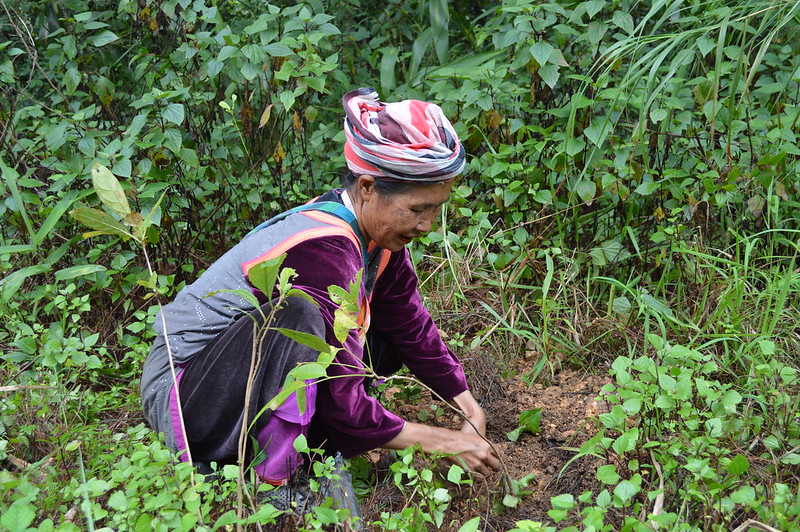
Planting in the Lisu Community Forest. Photo by IMPECT
